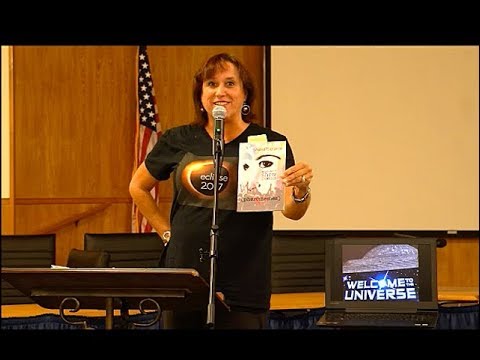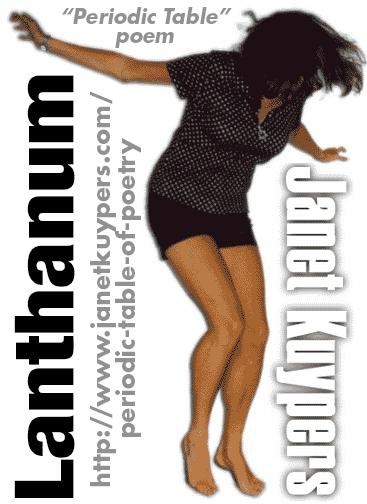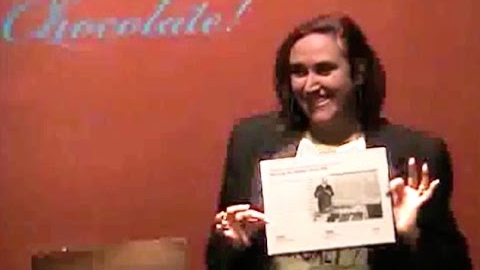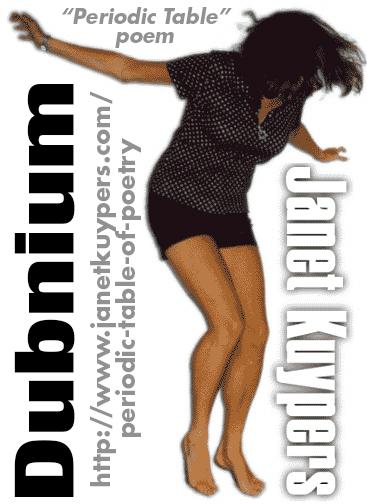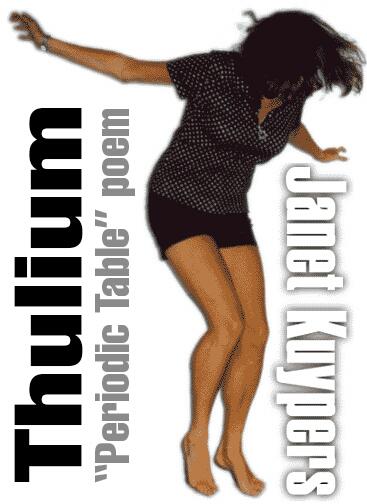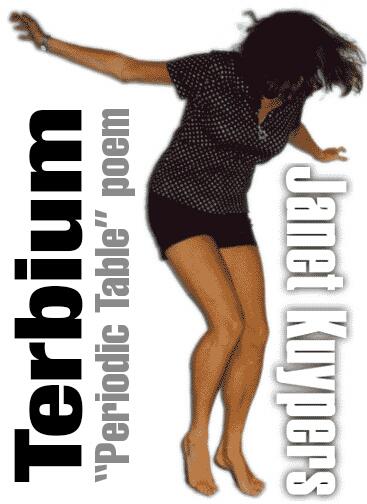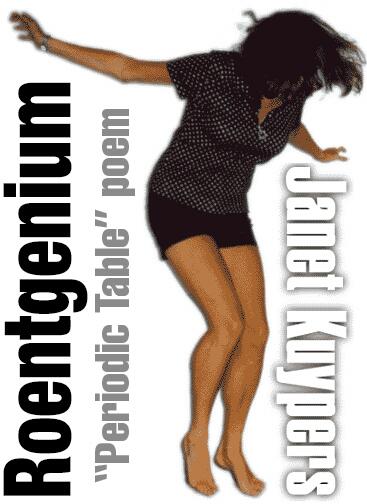
Chicago poet and Austin resident Janet Kuypers was honored to join poets and musicians at the Dripping Springs City Hall, where she was asked to do a feature for Thirsty Thursday on September st 2017 (9/2/21, or 20170921).
Included in her poetry show, she started with guitar from John while singing and performing her poem “True Happiness in the New Millennium (2017 Dripping Springs edit)”. In the remainder of her show, her poetry reading about all of the seasons as they change was accompanied by music recordings from the HA!Man of South Africa (including “big drops falling on my walk” and “the cold feeling of touch”, from his “Hotel Music”). The entire show was also accompanied by a random art generation on a computer screen of her images from around the world.
[tubepress mode=’playlist’ playlistValue=’PLYa-AZK78_hoQDsslIhPFa2uoETIBU3Ma’ ]
Before the show started she also released a chapbook of all of the short poems she read in this show, and this chapbook “Seasons Change” is still available online even during her reading, so anyone could (and can) download the chapbook titled “Seasons Change” as a PDF file for free any time.
Read the poems and songs from the from the “Seasons Change” show:
“True Happiness in the New Millennium (2017 Dripping Springs edit)”
“Knew I Had to be Ready”
“Original Snowbirds” (in her book “(pheromemes) 2015-2017 show poems”), “Autumn (2017 Dripping Springs / Bahá’í Faith Center edit)”
“Marry you in Autumn”
“Sepia Leaves”
“Quell the Vibrancy”
“Seasons 1998”, and “Death Takes Many Forms”
“Quiver with no Home”
“Viewing the Woman in a 19th Century Photograph”

